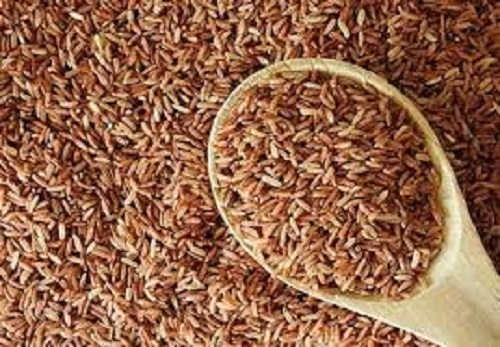The Ministry of Food and Agriculture said they are in talks with 20 major importers of rice into Ghana to get them to rely on locally produced rice for both domestic consumption and export.
Rice producers in Ghana continue to struggle to break even as the country’s rice import increases annually.
In some parts of the Northern and Upper East Regions, local farmers are losing their investments due to the lack of a ready market for their produce.
READ ALSO: Gov’t to ban rice, poultry imports in 3 years
The cost of production for local farmers is often very high with less support from the government.
Addressing the media, the Minister of Food and Agriculture, Owusu Afriyie Akoto, said the importation of rice will reduce drastically in about three years’ time as the government builds the capacity of local rice farmers.
“At the moment, we are in communication with the 20 biggest importers of rice in this country. We have had three meetings with them and we are telling them that, time is going to come soon when they cannot do business and give rice farmers in Thailand, Vietnam, and America an opportunity to overcome our own. Our farmers were asleep because of the lack of government support. Therefore, it means that if you want to import rice into this country, it means that you are taking away bread from the mouths of Ghanaian farmers and giving it to those in Thailand. What we are now saying is that, in two or three years’ time, we will work out on an agreement for them to buy from local millers.â€
Ghana to completely end rice importation in the next five years
Ghana could stop rice importation in the next five years, that's according to Odiasempa Antwi Obugyei II, a rice seedling producer for the Alliance for a Green Revolution in Africa (AGRA).
He said with the right structures in place for the continuous progress of the government’s Planting for Food and Jobs (PfFJs) programme implementation, Ghana could reach the level of food self-sufficiency sooner than ever thought.
READ ALSO: Ghana to completely end rice importation in next five years – AGRA
This is because all the essential factors such as land, improved quality seed for rice and food crops, access to modern farming technology being provided by Ministry of Food and Agriculture (MoFA)/AGRA and other governmental support for processing and marketability were all available to attain maximum production of food items, particularly in the rice and cassava value chains, he said.





